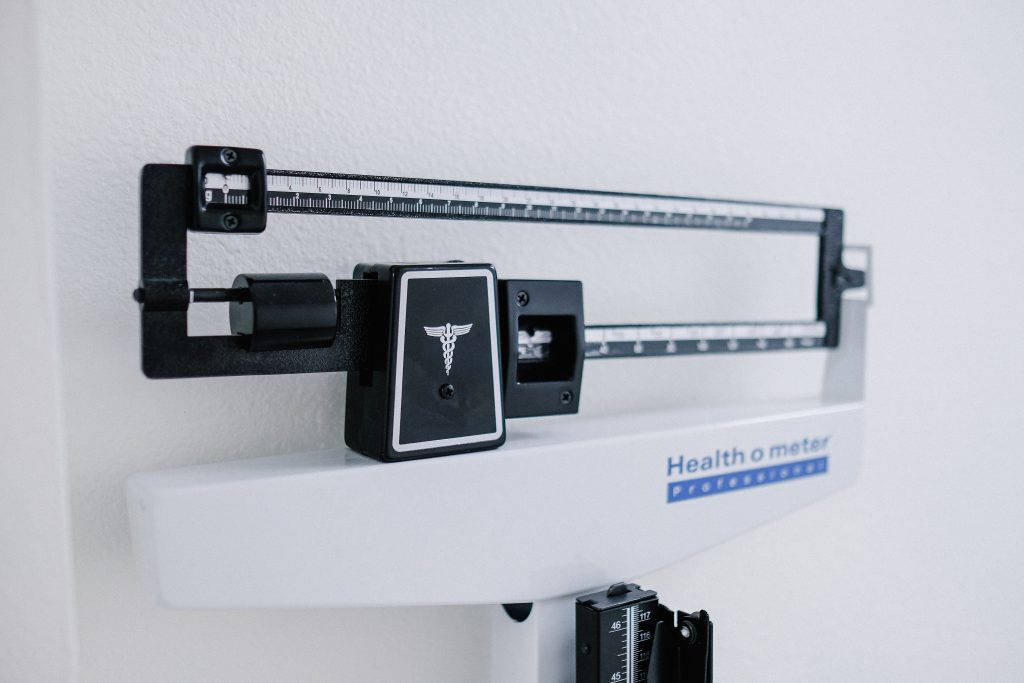Do You Have Excess Belly Fat? Why It’s A Problem And What You Can Do About It

You might be surprised to learn that not all body fat is created equal; where the fat is on your body makes a big difference when it comes to your overall health. The fat inside your belly is called “VAT” or visceral adipose tissue and this type of fat is particularly dangerous. When you begin to put on weight, especially this lethal belly fat, your biology shifts out of balance, veering into the unstable and unhealthy territory of disease—which in turn often leads to more weight gain.
In this House Call episode, Dr. Hyman sits down with Dr. Elizabeth Boham to explain how belly fat contributes to other health issues. They also discuss the numerous factors that contribute to belly fat, including but not limited to diet, and how they work with patients to eliminate excess visceral fat.
Elizabeth Boham is a physician and nutritionist who practices Functional Medicine at The UltraWellness Center in Lenox, MA. Through her practice and lecturing, she has helped thousands of people achieve their goals of optimum health and wellness. She witnesses the power of nutrition every day in her practice and is committed to training other physicians to utilize nutrition in healing. Dr. Boham has contributed to many articles and wrote the latest chapter on Obesity for the Rankel Textbook of Family Medicine. She is part of the faculty of the Institute for Functional Medicine and has been featured on the Dr. Oz show and in a variety of publications and media including Huffington Post, The Chalkboard Magazine, and Experience Life. Her DVD Breast Wellness: Tools to Prevent and Heal from Breast Cancer explores the Functional Medicine approach to keeping your breasts and whole body well.
In this conversation, Dr. Hyman and Dr. Boham discuss:
- Why visceral fat, or belly fat, is so concerning
- Learnings from liposuction and bariatric surgery
- How visceral fat drives inflammation and insulin resistance
- Tests to determine if visceral fat is an issue for you, including your waist circumference, waist-to-hip ratio, DEXA body composition, liver fat measurement, LDL cholesterol particle size, C-reactive protein test, oxidative stress, uric acid, glucose tolerance test, and fasting insulin level
- Symptoms of too much visceral fat including inflammation, abnormal cholesterol, high blood sugar, high insulin, high oxidative stress, and more
- Foods that drive inflammation and insulin sensitivity and belly fat
- Hidden drivers of excess visceral fat including loss of lean muscle mass, environmental toxins, imbalances in the gut microbiome
- Patients they have worked with to decrease belly fat
We hope you enjoy this conversation!

